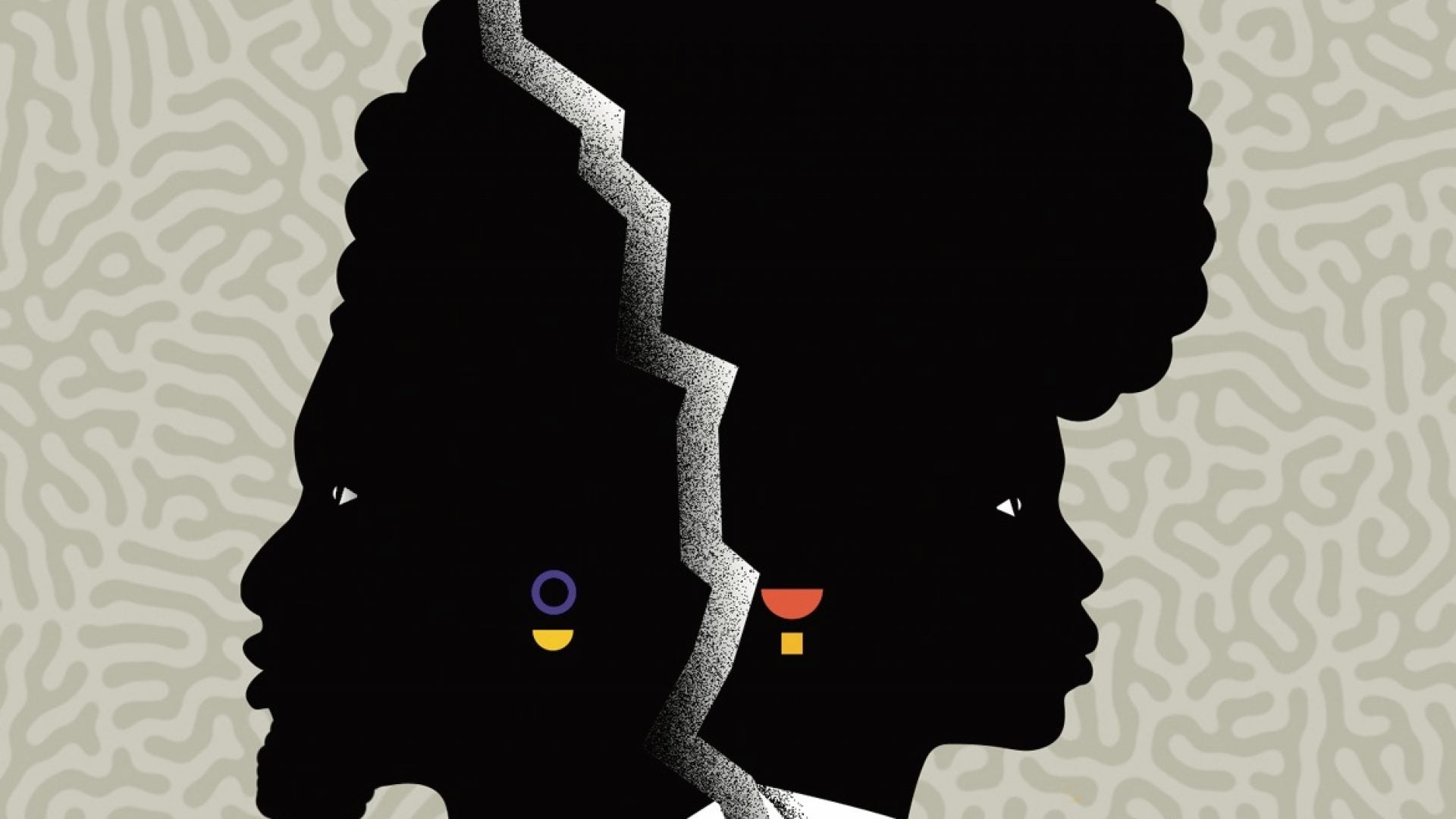
Breaking up is hard to do, especially when you didn’t see it coming. Whether you’re starting over after a tough divorce or realizing that a once-promising relationship has run its course, it hurts like hell and the healing doesn’t come easy.
How do you move on when you can barely get up? Not to worry. Help is on the way. We asked South Carolina clinical psychologist Shari Dade of Everyday Psychology, LLC, to guide you through a healthy grieving process so you can heal from that broken relationship and move forward.
We often don’t properly grieve the loss of a romantic relationship.”
ESSENCE: Why is it so difficult to mend after a relationship ends?
Shari Dade: There are a number of different reasons, depending on how long the relationship lasted and how many life changes you’ve gone through together. Often we start to view ourselves through the relationship; it becomes a part of our identity. Healing can also be really difficult because sometimes the breakup seems to come out of nowhere. Even if there were signs, it can be shocking and hard to reconcile what happened and move forward. If there are children involved or you’ve bought a home or started a business together, these ties can make it extremely difficult to figure out how to move ahead without that other person being present. All of those factors can be triggers and bring that hurt back up if we aren’t really intentional about healing.
ESSENCE: What are the first steps on the journey toward good emotional health?
Dade: You have to acknowledge the split and that a change has taken place. We sometimes think the other person is going to come back or that we’re going to work through this. That might be a possibility, but hanging on to this doesn’t allow you to start the recovery process. We often don’t properly grieve the loss of a romantic relationship. We must go through the stages of grief—which are denial, anger, bargaining, depression and acceptance—and allow ourselves time for them. You’re not going to do all that in a week. You don’t have to grieve all day every day, but you may need to journal at night before bed or wake up and meditate in the morning. That will give you the space to grieve.
ESSENCE: What role do forgiveness and setting boundaries play in the recovery process?
Dade: Forgiveness looks different for everyone. Remember, it’s not just for the other person; you may also have to forgive yourself for what you did or didn’t do in the relationship. You may think about the things you forfeited or sacrificed, and those thoughts may make you angry. After a breakup, you can feel powerless, as if you’re out of control. Counteract that by engaging with people who and activities that will empower you. And set boundaries for the other person, who may be feeling some guilt and want to continuously apologize or ask what he or she can do for you. Try placing a time limit: Decide that you’re only going to think about the other person or the breakup for 45 minutes a day. This can give you your power back.
ESSENCE: Is it a bad idea to get into another relationship immediately afterward? Is there an acceptable amount of time that should exist between two relationships?
Dade: That depends on the person, but I do think there should be space, especially if you’ve been in a long-term relationship. Only you know if you’re actually allowing yourself to go through the process or just jumping from one person to the next. Being able to track your own progress will give you signals for when you’re ready to get back into the dating scene.
This article originally appears in the December 2019 issue of ESSENCE





